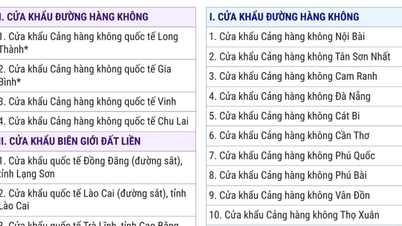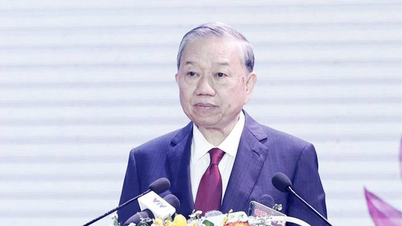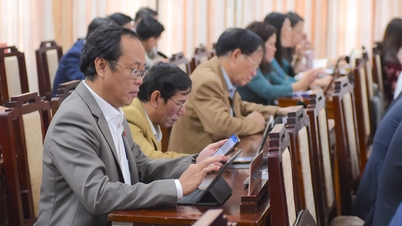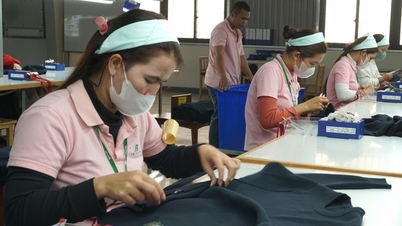
Starlink technology creates a new turning point in global Internet connectivity, but is also causing a lot of controversy - Photo: REUTERS
On October 22, 2025, Ms. Lauren Dreyer - Vice President of Starlink Business Operations of SpaceX - posted on X that the company had "disabled more than 2,500 Starlink kits within the range of suspected 'fraud centers' in Myanmar", and affirmed that SpaceX "complies with local laws in more than 150 markets".
This statement was immediately quoted by many international news agencies, in which Channel NewsAsia , Barron's and news reports citing AFP sources emphasized the number of 2,500 devices with service cut off.
However, SpaceX did not specify which account, agency, or region the device belonged to; nor did it say anything about the mechanism for determining the “proximity” of the fraud centers to disable them.
SpaceX's announcement comes just a day after Myanmar's military said it raided KK Park, a complex considered a hotbed of online fraud near the Thai border, detaining more than 2,000 people and seizing 30 Starlink terminals.
Starlink is not officially licensed in Myanmar; many devices have been “smuggled” into border areas to maintain connections for large-scale fraudulent establishments, where victims are often forced to work with “sex - money - investment” scenarios.
These centers use satellite connections to avoid internet outages and ground-based infrastructure tracing.
AFP previously exposed criminal gangs using Starlink for illegal activities. A WIRED investigation also found that Starlink plays a “vital” role for fraud centers along the Myanmar-Thailand border when traditional transmission lines are interrupted.
SpaceX’s claim that it has disabled 2,500 devices suggests that the actual scale of Starlink use may be much larger than the number seized. There are also questions about the long-term effectiveness of “location-based disabling,” as SpaceX has not yet released technical criteria or a way to prevent devices from reactivating via SIM data roaming.
Several cybersecurity experts interviewed by WIRED have argued that without blocking at the account-agent level and tracking device paths, rogue networks could rotate devices or move to other points to “evade” the disablement radius.
The immediate impact, according to AFP and CNA , is a stream of people fleeing “scam camps” as authorities expand their crackdown, while social media platforms and regional banks continue to upgrade their systems to detect unusual transactions.
But observers say rooting it out will require cross-border legal coordination, financial tracing and assistance to trafficking victims, steps that go beyond what a satellite telecom company can handle on its own.
Source: https://tuoitre.vn/spacex-cat-hon-2-500-thiet-bi-starlink-nghi-dung-cho-trung-tam-lua-dao-o-myanmar-20251022222327579.htm






















































































































Comment (0)